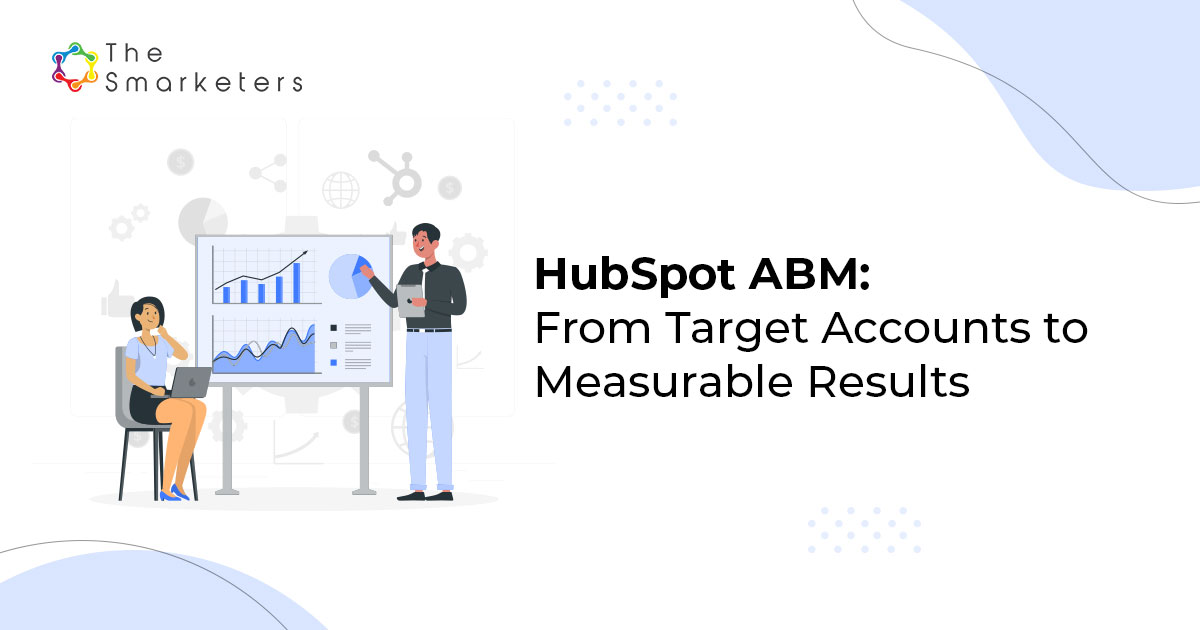The virtual events industry is constantly changing – the past few years were no exception. As COVID-19 reshaped the world, the year 2020 created particular difficulties for event planners across the globe:
- Travel limitations
- Social isolation
- Covid-related health and safety complications and more
Thankfully, event organizers have reacted to these new obstacles by leveraging the promise virtual and hybrid events hold. Even in unforeseen difficulties, these events have made it possible to bring people together for a common cause, such as to inform, educate, debate, or rejoice.
What lies ahead for corporate events and gatherings in 2022 and beyond?
Analysts predict that this year will be a significant one for hybrid gatherings. Travel restrictions and other safety considerations will likely be in place for some time. As the pandemic is still not over, not all participants may be able to participate in person.
The future will be a mix of Hybrid & Virtual events
Let’s talk more about what each of these entails.
Hybrid events:
Have you ever cheered your favorite team in a cricket match or predicted who would get the Oscar while watching the event live? Then you have attended a hybrid event.
Any event which features both the in-person and online audience is referred to as a hybrid event. Take, for example, a concert that welcomes attendees in person and broadcasts the same live online for viewers at home. They essentially feature a live audience that gathers in a physical location and an online virtual audience.
The main objective of hosting a hybrid event is to provide each participant/attendee with a real and virtual experience to increase audience engagement. Both audiences can simultaneously participate in the event and engage with one another if they utilize the correct virtual event marketing platform.
A hybrid event, however, is not:
- an actual live-streamed event
- a physical event with a virtual add-on
- a live event with on-demand content
Due to safety concerns, busy schedules, and travel restrictions, people might not make it to the event in person. Hence, a hybrid event is a great alternative for organizers and attendees. As organizers get a large audience and attendees get more flexibility.
Primary advantages of Hybrid events:
- Hybrid events allow people to attend an event virtually.
- It breaks away geographic barriers and increases the audience base.
- No worry about child care, elderly care, schedule conflict, or other issues when it comes to hybrid events.
- More people are likely to confirm their presence when given a hybrid option [they can participate freely without having to be at the event in person].
- Hybrid events are a good alternative for event companies. It allows them to switch formats in case of any last-minute emergencies or issues with infrastructure, people, etc.
Virtual events:
All events held entirely online are virtual events. These events usually combine live streaming and pre-recorded content to engage online audiences. Online conferences, webinars, webcasts, and online meetings are a few examples of virtual events. Virtual events allow attendees to meet, network, interact and engage with people as they would in live events. The only difference is that these events are held on a particular virtual event marketing platform and for a set period with specific rules.
Primary advantages of virtual events:
- Virtual events have no limitations regarding the guest list. Organizers can invite people from across the globe without any restrictions. The only condition is the platform should be able to support a large audience.
- Gather data from people who have confirmed their presence/attended the event. This can be done through the registration process and feedback form. This data becomes helpful in planning subsequent virtual marketing events.
- The total cost is significantly less for virtual event marketing. Do away with venue charges, on-site staff wages, travel, lodging, meal expenses, stall setup fees, and other related costs that are often tied to a physical event.
- Save time by inviting attendees to register online, sharing login details ahead of time, and no wait time for speakers or special guests since they are all virtual.
- Offer recorded content to those unable to attend events. If a registered attendee or a family member can’t attend the virtual event, share a link to recorded files so they can view it at leisure.
Factors to consider when planning Hybrid & Virtual events:
- Technology & technical support: Ensure you have adequate bandwidth and technical support to ensure no issues on the chosen platform. Figure out an approximate number of people attending the event in-person and online. Create a system that caters to all of them without glitches. Do trial runs to check for discrepancies and possible issues.
- Budget: Have a clear budget when organizing the event – location charges, gifts or hampers, audio-visual requirements, digital elements such as the online platform, audio and web cameras required to stream the event to the remote participants, and other incidentals with some backup leeway.
- Content & engagement: Be prepared with adequate content for the entire duration of the event. If in-person, then you can include some networking sessions or breaks, but when doing virtual events, you should keep the audience engaged with no leaks. If you have tea breaks for in-person attendees, maybe send hampers ahead of time to those attending online.
- Time: Above all, make sure to meet set timelines. People watching an event online could get bored and log out, so it is essential to schedule sessions or plan the agenda accordingly. Short duration, engaging content, and live sessions are what the audience prefers mostly!
It is safe to say both virtual and hybrid events will continue to be relevant and a critical part of marketing activities for a long time to come. While hybrid events have the potential to expand an organization’s audience base and well as revenue, most individuals and businesses will have to take a call based on the objective of the event and who their target audience is. But that said, in both these formats, there will be a personal connection and ample opportunities to grow.
To know more about Virtual events, reach out to us now!













